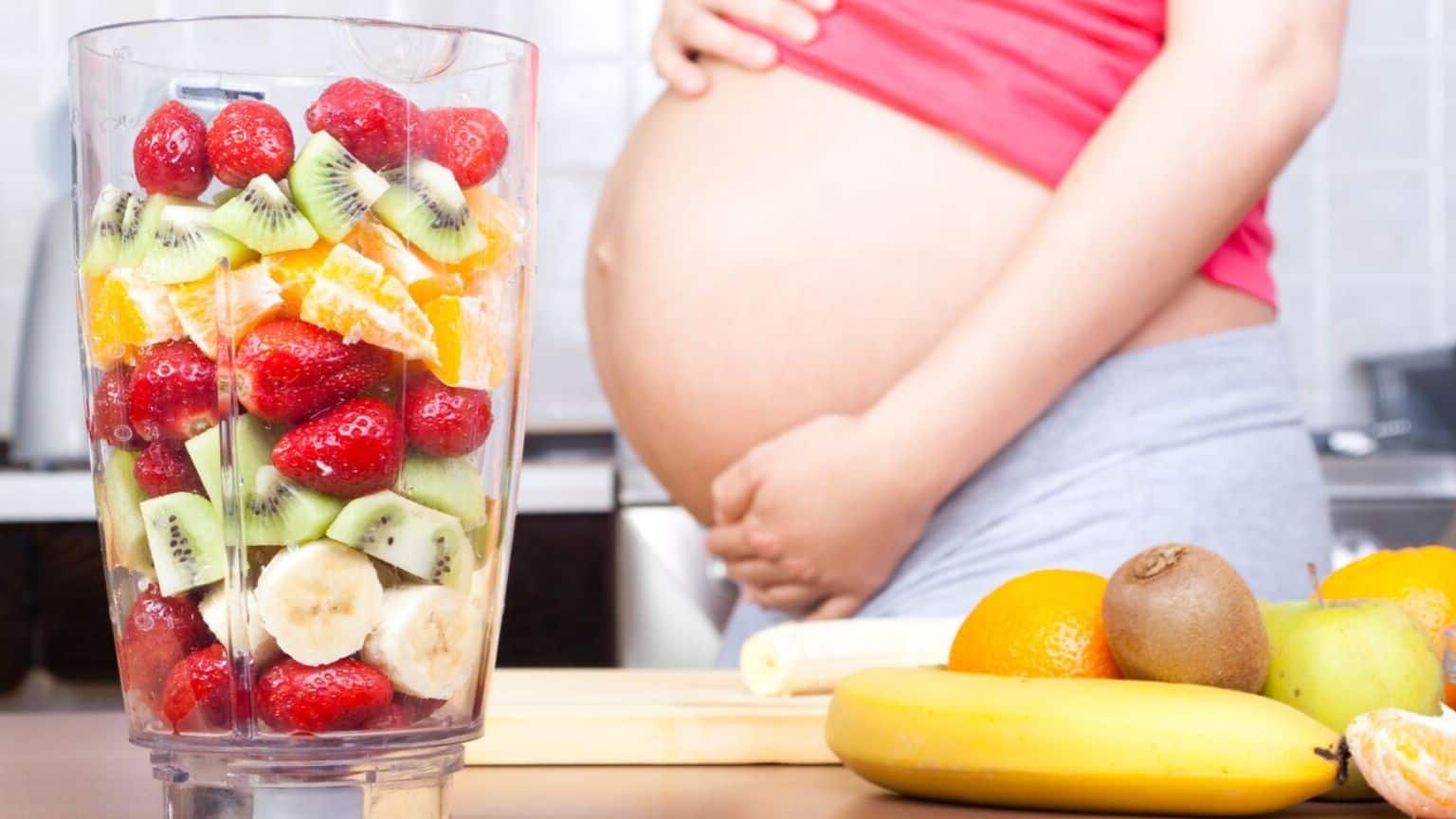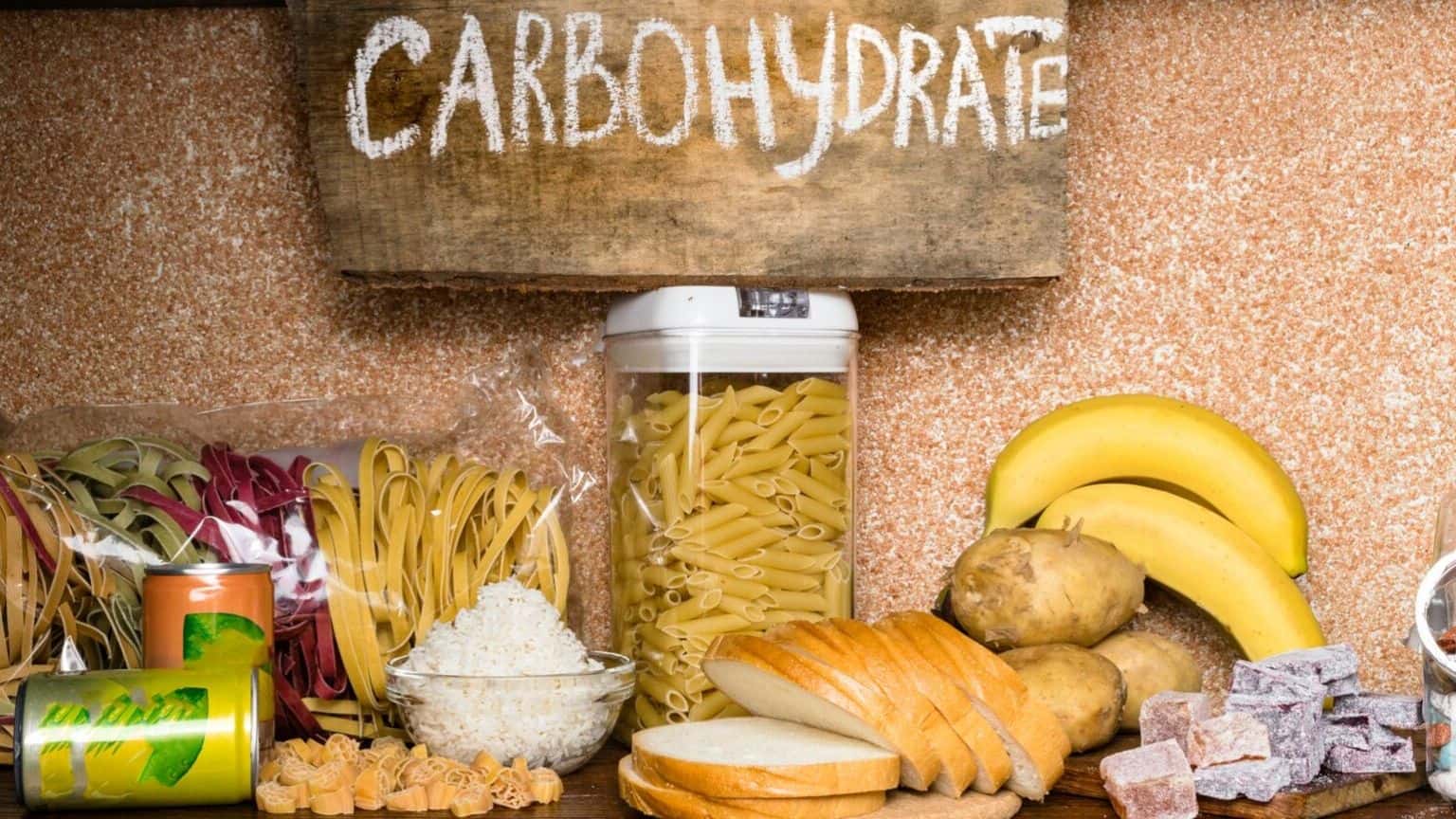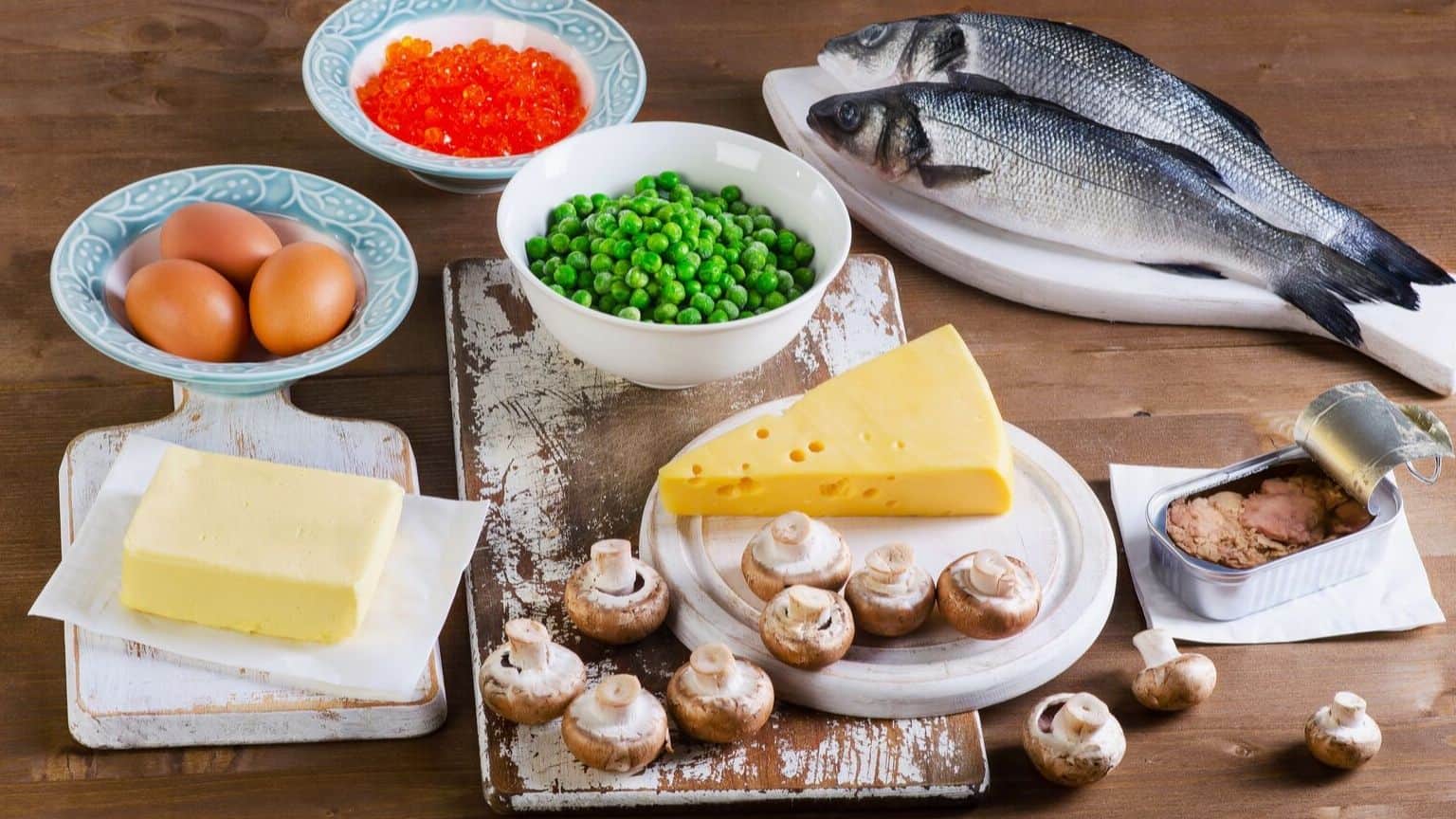
What you eat matters when you’re trying to get pregnant. This is especially true when you’re going through IVF and complementing your treatment with acupuncture for fertility. The nutrients you get from your food can help improve your fertility in many different ways.
As you go through your IVF treatment and the accompanying acupuncture for fertility sessions, make sure you’re having enough of these essential nutrients:
-
Antioxidants
Antioxidants like Vitamin C, Vitamin E, and beta-carotene repair individual cells, including egg cells, and protect them from further damage. Folate in particular helps regulate ovulation and reduce the risk of birth defects in your unborn baby. Zinc, on the other hand, helps prevent miscarriage. The best source of antioxidants are fruits and vegetables. One of the best things you can do for your acupuncture for fertility is to “eat the rainbow.” In other words, make sure that at each meal, you have many colors of vegetables and fruits on your plate. Research has shown that antioxidants are best used by our bodies when then come from fresh food sources. So, skip the supplements and fill up your plate with a rainbow of delicious fertility enhancing foods!
-
Calcium
Calcium is a vital building block for the body’s tissues. While you can get your calcium from various sources, your baby can only get their calcium from you as they grow in your womb. To prepare for your baby’s growth, you need to fill up on calcium even as you try to conceive. Natural sources of calcium include dairy, fish, and nuts. If you tolerate dairy well, be sure to have 1-3 servings per day. If your body does better without dairy, or just to vary your sources, be sure to focus on getting enough calcium each day through fish, almonds, chia, sunflower and sesame seeds, figs, dark leafy greens (collard greens, kale and bok choy), tofu, edamame, sweet potatoes, and white beans. Calcium supplements can be hard on the digestion, so it’s best to get this nutrient directly from food.
-
Complex carbohydrates
Much has been said about carbs in recent years. Paleo and Keto diets have been in vogue, and it can be confusing to know what is best when trying to get pregnant. Not surprisingly, Research suggests that carb intake can influence fertility. But it’s not necessarily accurate to say that eating a very low carb diet is best. We know that your carb intake affects your body’s insulin levels, and that having too much insulin in your body can inhibit ovulation. To balance your blood sugar and keep insulin levels low, you need to eat complex carbohydrates such as leafy vegetables, brown rice, quinoa, polenta, oats, buckwheat, and other whole grains. Moving away from white rice, white bread and white pasta is best for your fertility.

However, carbs are an important part of digestive health. Research has shown that people who follow strict high fat, low-carb diets will have less robust “good bacteria” in their digestive tracts. Friendly bacteria in our microbiome has been linked to everything from healthy digestive function, immunity, sleep, energy and moods. Some of the best things you can do for your fertility are to keep your digestive and immune systems healthy, and maintain stable blood sugar. By eating some complex carbs every day, you’ll get a triple dose of support for your fertility and your long-term health.
-
Good fats
Good fats like Omega-3 fatty acids help promote regular ovulation and reduce inflammation. Good sources of fat are fatty fish, avocado, and plant oils like olive and coconut oil. Full-fat dairy can also be a source of good fat; however, it’s best to go for organic dairy, as non-organic dairy can contain hormones and chemicals that can disrupt ovulation. Many people are afraid of fats due to concerns about weight gain. But these types of fats are different, and are essential to the proper function of your cells, as well as your hormonal balance. Women who do not have enough fat intake will often have disruptions in ovulation that lead to infertility. So, embrace the good fats! Drizzle olive oil-based salad dressings over your veggies, add a teaspoon of coconut oil to your morning smoothie, and eat ½ an avocado with your smoked salmon salad to ensure health hormone balance and good ovarian function.
-
Protein
Protein helps your fertility in two ways: If your protein comes from a plant source, like nuts and seeds, it can help reduce the risk of ovulatory disorders. If it comes from an animal source, like eggs, meat, and dairy, it can help cut the risk of premature birth, as well as assist in the proper development of your baby’s central nervous system. Protein is essential for the proper function of every cell in the body, so it’s no surprise that it has such an important role in fertility and pregnancy.
It is all too common for women to eat diets deficient in protein. When you are a semi-vegetarian or eat meat infrequently, is can be easy to forget to include protein in every meal. Most people need to eat about 50 grams of protein per day, which can be hard to get without effort. It’s best to rotate between plant-based and animal-based protein sources. Adding beans, chicken or salmon to your salad, snacking on hummus, eggs, edamame, or nuts, and making nutritious beef or lamb stews can help your reach the optimal daily protein intake for your fertility, while still staying healthy. Remembering to include protein every time you eat will also help balance your blood sugar, to further regulate your hormones for optimal fertility.
-
Vitamin D
Vitamin D is so important to fertility that we saved the best for last! What if you could do one simple thing to help improve the chances of having better IVF outcomes? That one thing is to make sure your Vitamin D levels are optimal for fertility. There is evidence that having optimal Vitamin D levels can help reduce the number of abnormal embryos produced during an IVF cycle, AND can improve overall success in IVF cycles. One study showed a 35% increase in pregnancy rates in IVF patients with normal Vitamin D levels, compared to those with low levels. IVF is very expensive and emotionally taxing, with variable success rates. Having any factor that can make your IVF cycle more successful is extremely valuable.

Where does this miracle nutrient comes from? Sun, fish, and eggs. Since many people are staying out of the direct sun due to skin cancer risk, our vitamin D levels are likewise decreasing. Since we want to ensure proper levels at all times in all seasons, this is a nutrient that is best to get via supplementation. However, be aware that in too high doses, Vitamin D can be toxic. Play it safe and ask your medical provider to test your vitamin D level. If your level is low, make sure you are prescribed the correct dose to raise your levels appropriately, without increasing your risk for toxicity. Doing this well before trying to conceive naturally, or through IVF, can improve your results, sometimes dramatically.
Make sure to fill up your plate with all of these nutrients when you’re trying for a baby through IVF and acupuncture for fertility. Keep in mind that since every person has different needs, there is no perfect “fertility diet.” For best results, ask your health provider to help you come up with the best personalized fertility meal plan. Using the principles of Chinese Medicine, your fertility acupuncturist will assess your individual constitution and come up with recommendations for a diet that will set you on a course towards having the family your dream of – while staying healthier along the way!
Let us know about your experiences with diet and fertility in the comments below.
Established patients can schedule online, patients who haven’t seen us at Kwan Yin Healing Center call (503) 701-8766, or email us to schedule your appointment.




